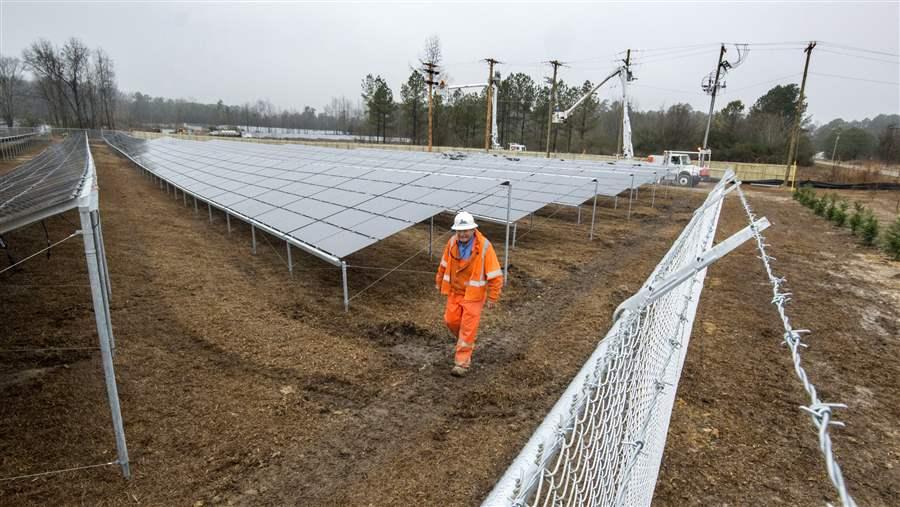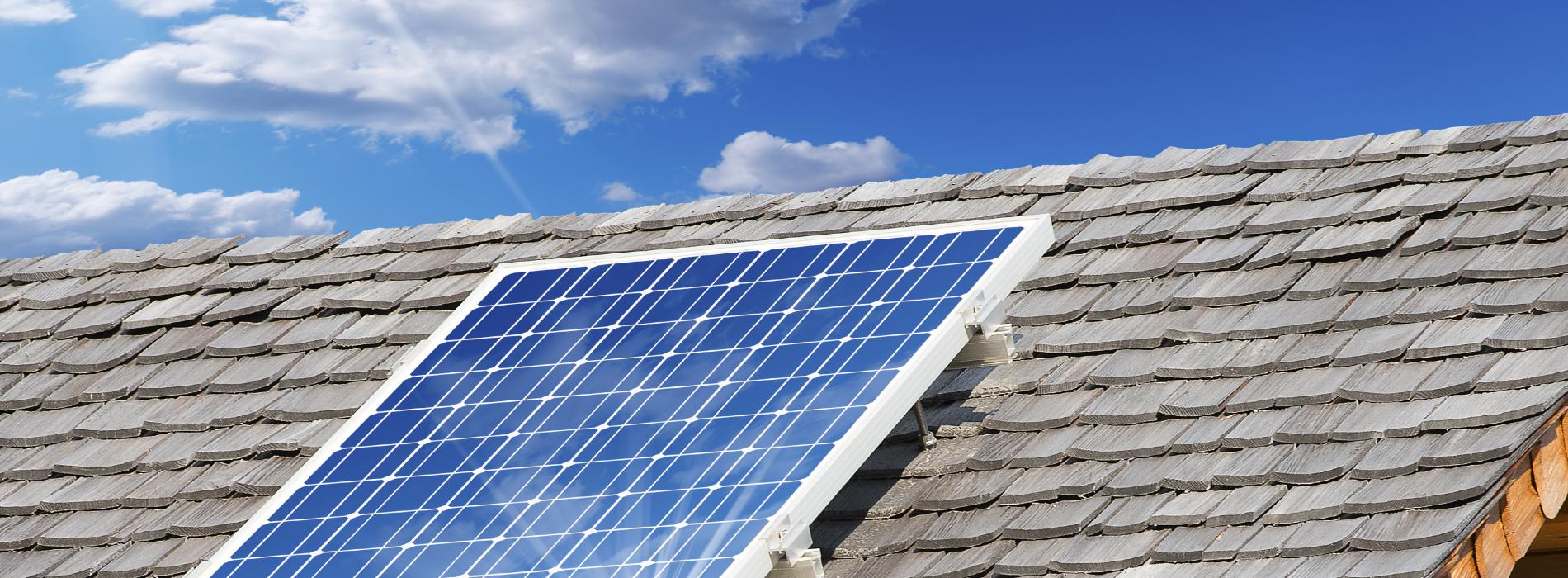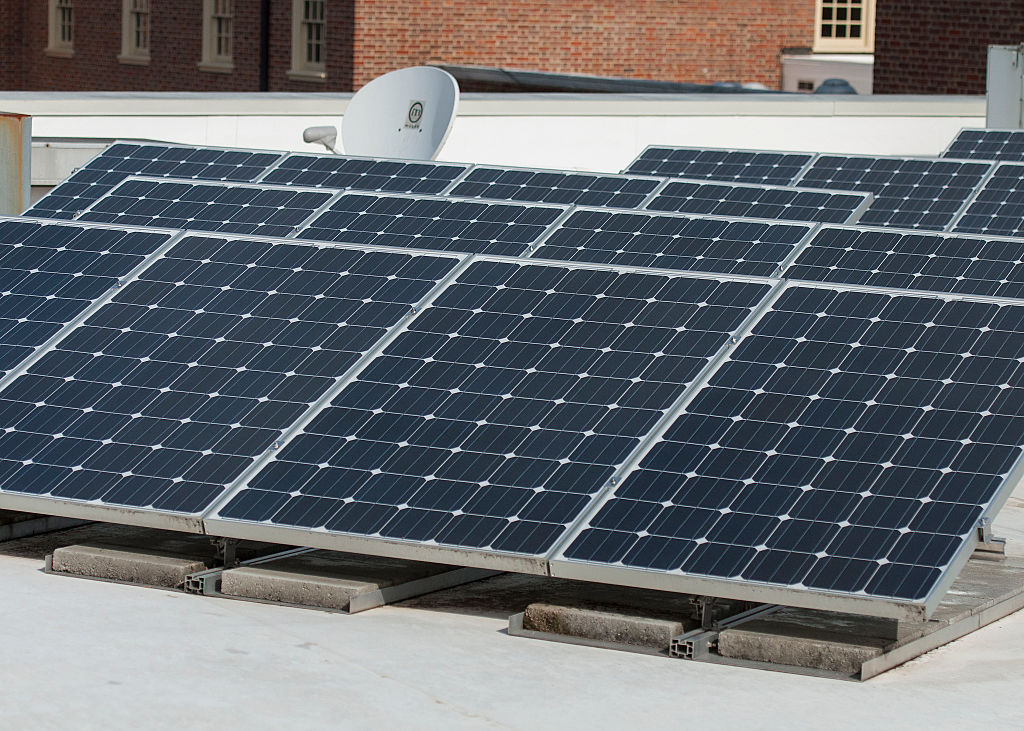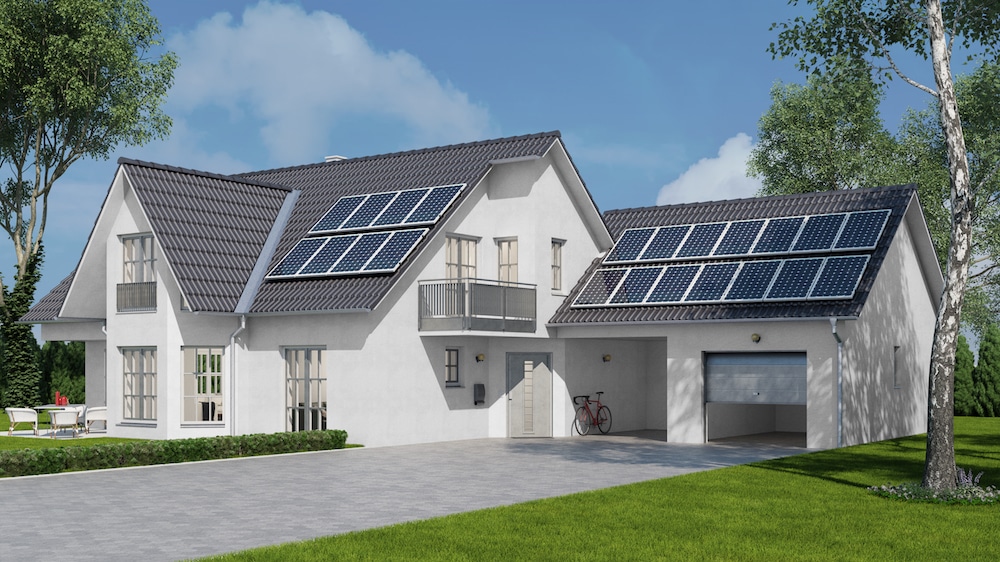Solar Panel Laws South Carolina

Energy laboratory nrel has measured silicon solar panel efficiencies from 20 25 in laboratory conditions 1 however south carolina utility experience suggests normal expected efficiencies of about 16 18.
Solar panel laws south carolina. Columbia as south carolina lawmakers continue to grapple with energy issues a house panel advanced two bills thursday that would expand the state s solar power industry and increase energy. Net metering is designed to credit solar energy system owners for energy they produce. A solar panel is made of photovoltaic cells. Solar leasing is also now available in parts of the region with the 2017 law in north carolina a regulatory order issued last month in florida and existing policies in georgia and south carolina.
This growth represents a capacity increase of more than 460 mw. The passage of the distributed energy resource program act act 236 in 2014 ushered in a new era of solar leasing in south carolina and solar installations have grown exponentially since that time. This accelerates south carolina s move from dirty power to clean energy. Today south carolina governor henry mcmaster signed a law removing the brakes on south carolina s growing solar industry.
South carolina s solar industry was virtually non existent before a 2014 law lifted some of the restrictions on sun power that at the time made the state one of the nation s least friendly. For an example of another state s current law read my earlier post on north carolina s solar laws and how they apply to hoas in that state. The energy freedom act which unanimously passed both the state house and senate removes artificial caps on rooftop solar and opens the lane for thousands of megawatts of large scale solar. Thin film solar panels these flexible solar panels are made by spreading silicon and.
South carolina law encourage s the development and use of indigenous renewable energy resources renewable energy which includes biomass wind solar hydropower geothermal and hydrogen derived from renewable sources can mitigate south carolina s dependence on imported energy and help meet state air quality goals. When photons from the sun hit the cells electrons are released and can then be converted into electric power. South carolina got into the solar game in 2014 when the sc legislature first allowed net metering.





